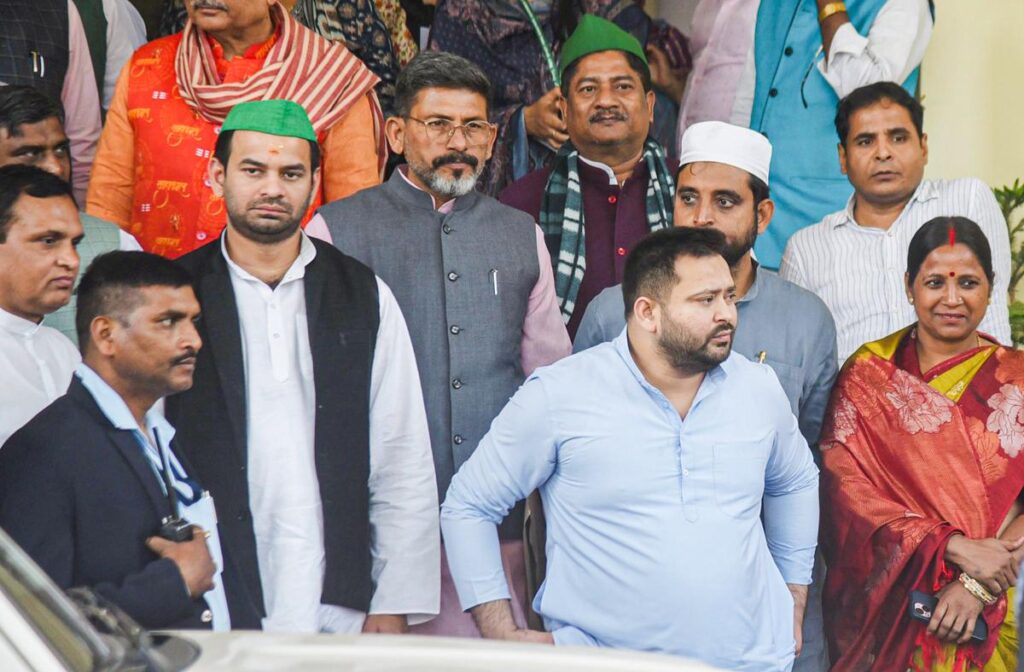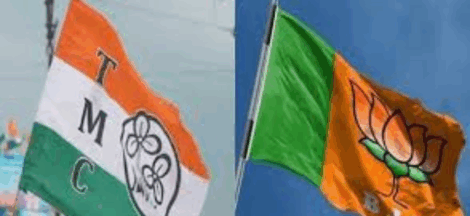Tejashwi Yadav’s Rashtriya Janata Dal has filed a petition in the Supreme Court challenging the Election Commission’s decision to initiate a Special Intensive Revision of electoral rolls in Bihar, ahead of the upcoming state assembly elections. The party contends that the timing and justification for the revision could adversely impact voter representation and has sought judicial scrutiny of the poll body’s directive.
The petition, filed under Article 32 of the Constitution, asserts that the Election Commission’s move lacks transparency and violates established protocols. Senior advocate Kapil Sibal, who is representing the RJD, has requested an expedited hearing, which is expected to be taken up on Monday by a bench headed by the Chief Justice. The petition raises questions about the legality and timing of the revision, particularly in light of the approaching election schedule.
On 24 June, the Election Commission directed a Special Intensive Revision in Bihar to update the electoral rolls. The poll panel cited multiple grounds including rapid urban growth, internal migration, enrolment of new eligible voters, and inadequate reporting of deaths. It also mentioned concerns over inclusion of illegal foreign nationals in the voter list, stating that the revision was essential to maintain the sanctity of the democratic process. The commission emphasised that it would follow constitutional provisions and legal guidelines meticulously while conducting the exercise.
The RJD, however, argues that the explanation provided is vague and opens the door to administrative overreach, particularly in the context of removing names from the rolls. It claims that the reference to “illegal immigrants” could be used to target marginalised communities and suppress legitimate votes under the guise of procedural correction. The party has raised alarms about the possibility of large-scale disenfranchisement, especially in constituencies where the opposition has a strong base.
Party leaders have pointed out that the timing of the revision, so close to the anticipated poll dates, could create confusion among voters and complicate preparations for the election. They also contend that such revisions are typically undertaken based on a fixed annual cycle or following census data, neither of which applies in this case. The petition further alleges that the Commission failed to consult political stakeholders before implementing a measure of this magnitude.
Bihar, with its 243-member assembly, is poised for a critical election later this year, one that could significantly reshape the political alignment in the eastern state. With the ruling alliance weakened by internal rifts and the Opposition aiming to consolidate its position, the electoral environment is already volatile. The RJD’s challenge is likely to escalate the political contest, bringing the issue of voter list management to the centre of public debate.
Legal experts suggest that the Supreme Court’s intervention could clarify the constitutional boundaries of the Election Commission’s powers in extraordinary circumstances. If the Court agrees to hear the matter on an urgent basis, the proceedings may set a precedent for similar disputes in other states. Sibal, known for his courtroom advocacy in high-stakes political cases, is expected to argue that the Commission’s rationale lacks empirical backing and violates the principle of non-discrimination in electoral practices.
The Election Commission, on its part, has maintained that the decision is part of its duty to ensure a clean and accurate voter roll. It has outlined a phased approach to the revision, including door-to-door verification, outreach drives, and grievance redressal mechanisms. According to the poll panel, the measures are aimed at enhancing electoral integrity, especially in regions experiencing demographic shifts.




 Congress set to shift Siddaramaiah to national role
Congress set to shift Siddaramaiah to national role 